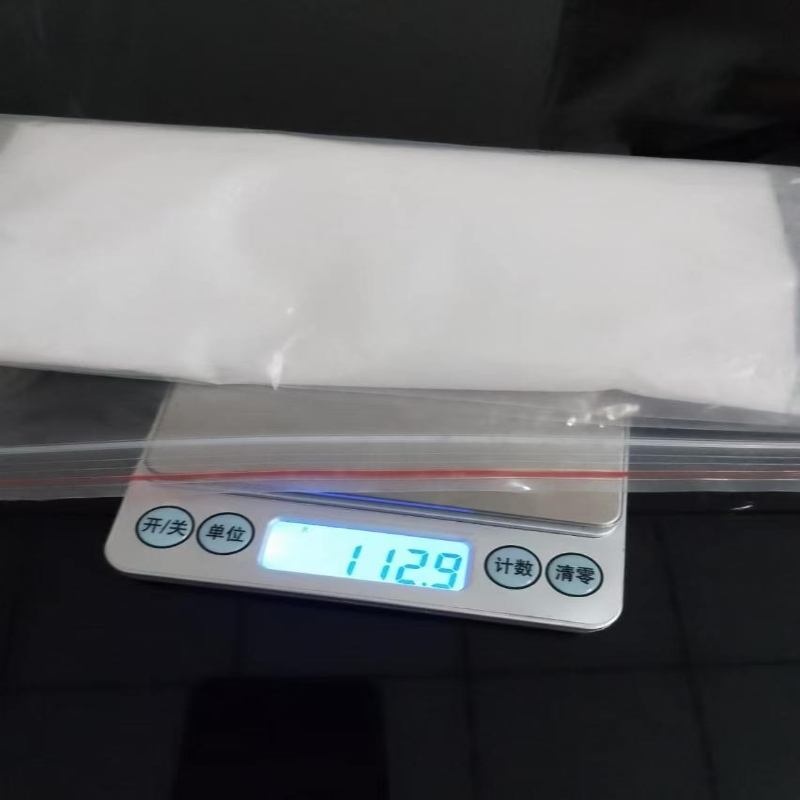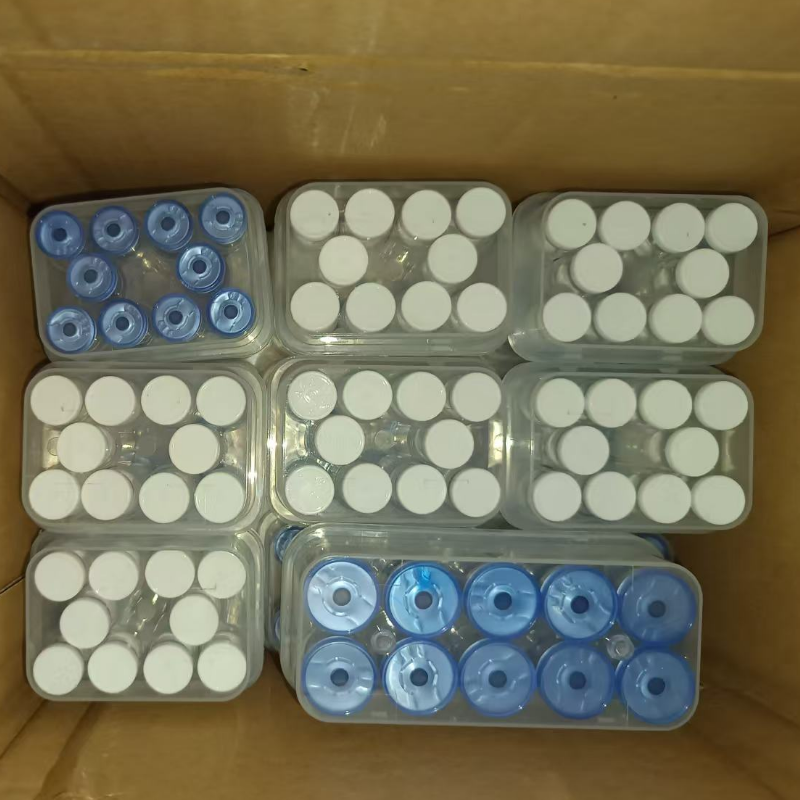-
Categories
-
Pharmaceutical Intermediates
-
Active Pharmaceutical Ingredients
-
Food Additives
- Industrial Coatings
- Agrochemicals
- Dyes and Pigments
- Surfactant
- Flavors and Fragrances
- Chemical Reagents
- Catalyst and Auxiliary
- Natural Products
- Inorganic Chemistry
-
Organic Chemistry
-
Biochemical Engineering
- Analytical Chemistry
-
Cosmetic Ingredient
- Water Treatment Chemical
-
Pharmaceutical Intermediates
Promotion
ECHEMI Mall
Wholesale
Weekly Price
Exhibition
News
-
Trade Service
Chemotherapy brain: 20% to 40% of breast cancer patients may experience cognitive decline in memory, attention, thinking and other brain functions after chemotherapy, which may last until the rehabilitation period and interfere with daily life skills and quality of life
.
Predicting breast cancer patients who are at risk of brain dysfunction after chemotherapy before chemotherapy will help improve patient treatment
Breast cancer
On September 30, 2021, the journal J Clin Oncol.
published an online research report from the National Cancer Institute of the Netherlands and the University of Amsterdam, which discussed the risk factors and prediction methods of brain cognitive decline after breast cancer chemotherapy
.
published an online research report from the National Cancer Institute of the Netherlands and the University of Amsterdam, which discussed the risk factors and prediction methods of brain cognitive decline after breast cancer chemotherapy
.
Screening process
Screening processDe Ruiter MB et al.
carried out a case-control study on breast cancer patients before receiving anthracycline chemotherapy (52 cases) and 6 months (49 cases), 2 years (32 cases) and 3 years (32 cases) after chemotherapy.
Psychological questionnaire scoring and magnetic resonance examination, at matching time intervals for breast cancer patients without chemotherapy (39 cases, 39 cases, 23 cases, 19 cases) and cancer-free controls (44 cases, 37 cases, 29 cases, 28 cases) Perform neuropsychological questionnaire scoring and brain magnetic resonance examination
.
Through multi-factor standardized comparison, the degree of deviation of cognitive characteristics between the patient group and the control group was analyzed
.
According to the anisotropy score of MRI diffusion tensor imaging, quantitative analysis of the microstructure of the white matter before treatment
De Ruiter MB et al.
found that the anisotropic score FA can independently predict early (6 months, P=0.
013) and late (3 years, P<0.
001) cognitive decline in breast cancer patients after chemotherapy , which is related to age, pre-morbid IQ, Baseline fatigue has nothing to do with baseline cognitive complaints, and it cannot predict cognitive decline in breast cancer patients who have not been treated with chemotherapy and cancer-free controls
.
013) and late (3 years, P<0.
001) cognitive decline in breast cancer patients after chemotherapy.
FA can independently predict early (6 months, P= 0.
013) and late (3 years, P<0.
001) cognitive decline
Voxel analysis shows that the white matter tracts are essential for cognitive function
.
.
The white matter tract is essential for cognitive function
Scatter plot of the correlation between baseline FA and cognitive decline in 3 follow-ups
Scatter plot of the correlation between baseline FA and cognitive decline in 3 follow-upsBrain FA before breast cancer chemotherapy may reflect brain white matter reserves and may be a risk factor for cognitive decline after breast cancer chemotherapy
.
Pre-chemotherapy screening of patients with low white matter reserves will help improve the prognosis of patients
Brain FA before breast cancer chemotherapy may reflect brain white matter reserves and may be a risk factor for cognitive decline after breast cancer chemotherapy
de Ruiter MB, Reneman L, Kieffer JM, Oldenburg HSA, Schagen SB.
de Ruiter MB, Reneman L, Kieffer JM, Oldenburg HSA, Schagen SB.
Brain White Matter Microstructure as a Risk Factor for Cognitive Decline After Chemotherapy for Breast Cancer.
J Clin Oncol.
2021 Sep 30:JCO2100627.
doi: 10.
1200/JCO.
21.
00627 .
Epub ahead of print.
PMID: 34591652.
Leave a message here







